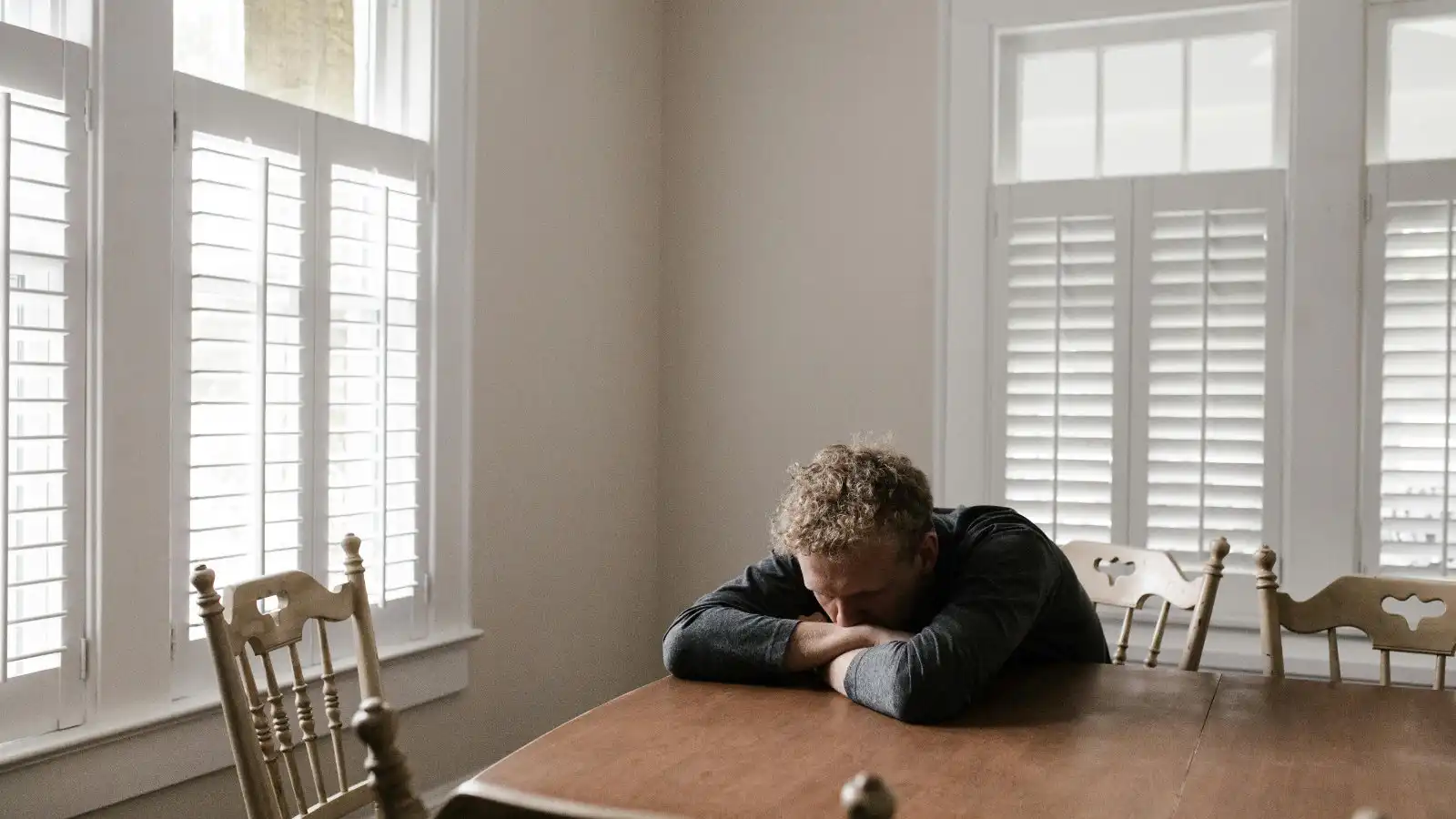Introduction: Best Strategies for Managing Stress and Anxiety
Talking about stress and anxiety several people experience in their day-to-day lives. However, in the recent past, the American Psychological Association revealed that approximately 73% of Americans experience stress frequently.
Stress motivates us and keeps us focused on our tasks and goals. But, chronic stress negatively impacts our well-being both psychologically and physically.
Anxiety has its problems, which include excessive thinking, excessive worrying, and even excessive panicking.
To be more specific, a lot of attention is to be paid to learning how to cope with stress and anxiety.
Recognizing the Signs of Stress and Anxiety
It is necessary to learn to pay attention to the signals of your body and emotions to be aware of increases in stress and anxiety levels.
Here are some common signs:
Stress signs include:
- Being touched or uncomfortable in various situations, such as feeling curse, irritated, or angry.
- Difficulty concentrating
- Sleep disorders, especially insomnia
- Muscle contraction/kinks, joint pains
- This is characterized by low energy or even Fatigue.
Anxiety signs include:
- Excessive worrying
- Restlessness
- Difficulty relaxing
- Panic attacks
- Anxiety but without any apparent cause or concern
- Erectile dysfunction, decreased libido, hot flushes, and night sweats:
Take note if these are sustained daily or if they seem to escalate quickly. These two conditions are highly worn over time, mainly if not addressed, leading to significant deterioration. Ideally, the earlier the intervention, the better it is as well.

Lifestyle Strategies to Prevent and Manage Stress
Minor changes to your daily schedule should be made to prevent stress and help manage it.
Here are some positive lifestyle adjustments:
Eat a healthy, balanced diet
Cut down on foods high in sugar fats, and those that have been through so many processes that their nutritional value is questionable.
They should consume more vegetables, fruits, whole grains, lean meats, nuts, and seeds.
Be sure to take water between meals to avoid compromising your water intake.
Nutrient-dense foods supply many nutrients for a relatively low number of calories, and such foods help regulate energy and mood.
Exercise
Exercise regularly to achieve 30 to 60 minutes of moderate-intensity activities such as walking, jogging, swimming, and cycling at least most days a week.
Cardio exercise and strength training also help to improve the levels of feel-good hormones and neurotransmitters in the brain and the quality of sleep.
Get enough quality sleep
It is recommended that adults get 7- 9 hours of sleep at night.
Get to bed and wake regularly, avoid electronics in the hour before bedtime, and use proper nightwear and bedding.
Sleep helps maintain hormonal balance, allows one to concentrate better, and contributes to a positive state of mind.
Set reasonable daily goals
No need to load your day too full or work too many things simultaneously. Focus on the crucial parts and take your time with the information.
It is essential to keep the motivational level high. This can be achieved by embracing small milestones marked in a day. Say no when needed.
Take breaks
Do not work at a stretch and take short breaks during working hours.
Some people use fives-minute breaks to meditate, stretch, eat a cookie, or talk to a co-worker—whatever it takes to relax the mind and refocus.
Manage your time wisely
One should minimize postponing important activities that only contribute to added stress.
Adopt productivity tools such as list-making and grouping tasks into categories such as time series, similar type, etc.
Cross off completed items and feel empowered to move forward to the following stages of the day.
Handling Stress in the Moment

Stress can occur at any point in time, regardless of one's balanced and planned lifestyle, due to some external factors or situations. Preparing for those moments when stress will likely arise and having some tools ready to help in such situations can change a lot
Give these quick-acting strategies a try:
Take a walk:
When you are experiencing anxiety, get up and walk around, and thus create a movement experience that adds to your day. A 10-minute walk can do magic and change your perception so drastically.
Try square breathing:
This is done while breathing in through the mouth and counting from one to four. Take a breath, and count up to four before you exhale.
Blow out slowly during four counts. Sustain this slow, measured breathing for several minutes until you find yourself calm.
Listen to music:
Listen to music for 10 minutes. Allow the songs and the rhythm to change your psyche—separate songs based on the mood to be conveyed.
Drink herbal tea:
Consuming tea – a cup of slightly caffeinated or herbal and decaffeinated tea has a way of helping one relax. Raspberry, chamomile, peppermint, and lemon balm teas may help lower tension.
Take a warm shower or bath:
Let a warm heat soothe stiff muscles and seal your stress away right down the drain. You can include Epsom salts, known to soften the skin, and lavender oil for those who want to relax more.
Cuddle a pet:
Petting a cat, dog, or any other warm-blooded pet raises cortical levels of cortisol and decreased oxytocin, resulting in bonding effects.
Contact a friend –
Sometimes it is good to tell somebody how you feel; it can be a friend; you can call or send an SMS. Asking questions about things makes peace.
Go outside:
A bit of sunshine, fresh air, and beautiful nature help ease stress. An extra several minutes may be used to admire the view and take deep breaths.
Close your eyes:
Sit down comfortably, relax, and let the darkness and the absence of sound envelope you and let your soul focus for 5 minutes. Visualize your happy place.
Laugh out loud:
Watch a comedy movie or a series of TikTok and YouTube videos if you feel low. It makes us smile, and we are not bothered by our troubles for a few moments.
At least two to three reliable mini-stress relief strategies are handy since stopping any stressful event as it unfolds is easy. This, however, becomes part of one's routine with time and practice.

Long-Term Stress and Anxiety Management Strategies
Managing life daily is all good, but creating individual long-term plans helps strengthen the emotional armor as long-term stressors occur.
Maintain a diary:
Writing to type on the blank paper to throw emotions helps get a different and much better perspective. Focus on the frequency, context, and positive experiences gradually over time.
Practice meditation:
These applications, such as Calm, Headspace, and Insight Timer, help the novice and the seasoned meditator attain serenity. Devoting only a few minutes each day makes a significant amount of difference.
Try counseling:
For example, talking to a professional counselor or a therapist is a means of being endowed with positive thinking and problem-solving strategies appropriate to your circumstances.
Learn your triggers:
Try identifying who, where, what, or when things most often stress you so that you can prepare your mind or avoid them.
Set healthy boundaries:
Avoid taking more work when fully committed to other tasks. Say no when needed. Stay away from negative people who are a terrible influence. Stand firm.
Practice positive self-talk:
Look in the mirror and say something positive and motivating to yourself before you step out and face the day. This is why you need to be kind and encouraging even to yourself.
Focus on the present moment:
When looking at the future or even the past, gently shift your focus towards the present. Note down the smells, sounds, colors, and textures everyone feels.
Try supplements:
Your physician may recommend the following natural products for treating anxiety: magnesium, lavender oil, green tea, and chamomile, as studies have shown they are effective.
Connect with community:
Finding something at a standard makes life worth living. Attend clubs, volunteer organizations, sports teams, or support groups to expand your circle of friends.
Remember that it takes a while to figure out what works for you best, so take your time implementing the ideas. As seen from the above analysis, the more tools and resources one has, the more vulnerable one will feel. If you still require the attention of a doctor or an expert in mental health, then do not hesitate to seek assistance.
When to Seek Medical Care
Occasional stress and anxiety are every day, but seek medical advice if:

- You have a level of impairment in work, school, social configuration, or sleep or experience persistent distress.
- It involves having thoughts of feeling suicidal.
- You rely on alcohol, medication, or a drug you take in large proportions to deal with daily problems.
- Your condition is panic disorder, or phobia, or obsessive-compulsive disorder
- As with other cases, physical factors such as chest pains, headaches, or stomach problems occur. You should consult your family doctor or a qualified specialist in the field of mental health. You are obtaining the correct care plan in management results in consolation.
- Medications are commonly prescribed antidepressants such as selective serotonin reuptake inhibitors or therapy.
- Recognizing what causes attacks
- Such as breathing exercises and stress management.
- Avoiding or escaping from fear is inadequate; exposing oneself to it slowly is better.
For serious stress, options include:
- Massage, acupuncture
- Emotional support, counseling
If chronic stress or anxiety prevents one from enjoying existence or customary undertakings, do not attempt to cope single-handedly. Seek professional support. The patient must understand that there is hope, and that they can return to a more normal, enthusiastic state of mind.
Conclusion
When stress and anxiety are not controlled in the long term, they exert adverse effects on the physical and mental health of an individual. So, is it possible to know and identify typical signs that can be acted on before they get out of hand?
However, it is noteworthy that most causes are preventable through positive accustoming of lifestyle.
The fact that specific coping strategies can be carried around as a pocket solution to any potentially stressful situation, such as deep breaths, a walk, or music, is reassuring.
In the long term, it is necessary to build a self-care system that requires time for writing a diary, practicing meditation, or honoring personal boundaries.
Developing resilience will not be easy, so be gentle with yourself. But with help from this professional and strong-willed determination, you have the right to an incredible future without stress.

